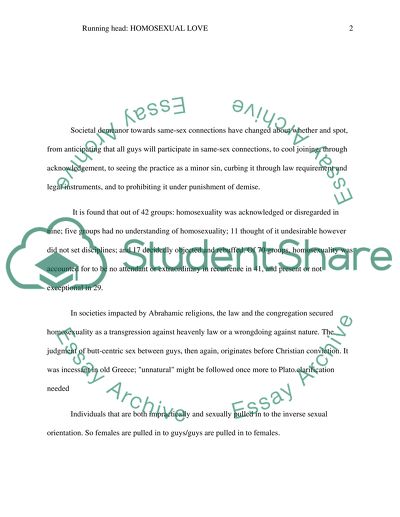Cite this document
(Men and Women and Diverse Reasons Essay Example | Topics and Well Written Essays - 3250 words, n.d.)
Men and Women and Diverse Reasons Essay Example | Topics and Well Written Essays - 3250 words. https://studentshare.org/philosophy/1643286-men-and-women-and-diverse-reasons
Men and Women and Diverse Reasons Essay Example | Topics and Well Written Essays - 3250 words. https://studentshare.org/philosophy/1643286-men-and-women-and-diverse-reasons
(Men and Women and Diverse Reasons Essay Example | Topics and Well Written Essays - 3250 Words)
Men and Women and Diverse Reasons Essay Example | Topics and Well Written Essays - 3250 Words. https://studentshare.org/philosophy/1643286-men-and-women-and-diverse-reasons.
Men and Women and Diverse Reasons Essay Example | Topics and Well Written Essays - 3250 Words. https://studentshare.org/philosophy/1643286-men-and-women-and-diverse-reasons.
“Men and Women and Diverse Reasons Essay Example | Topics and Well Written Essays - 3250 Words”. https://studentshare.org/philosophy/1643286-men-and-women-and-diverse-reasons.


